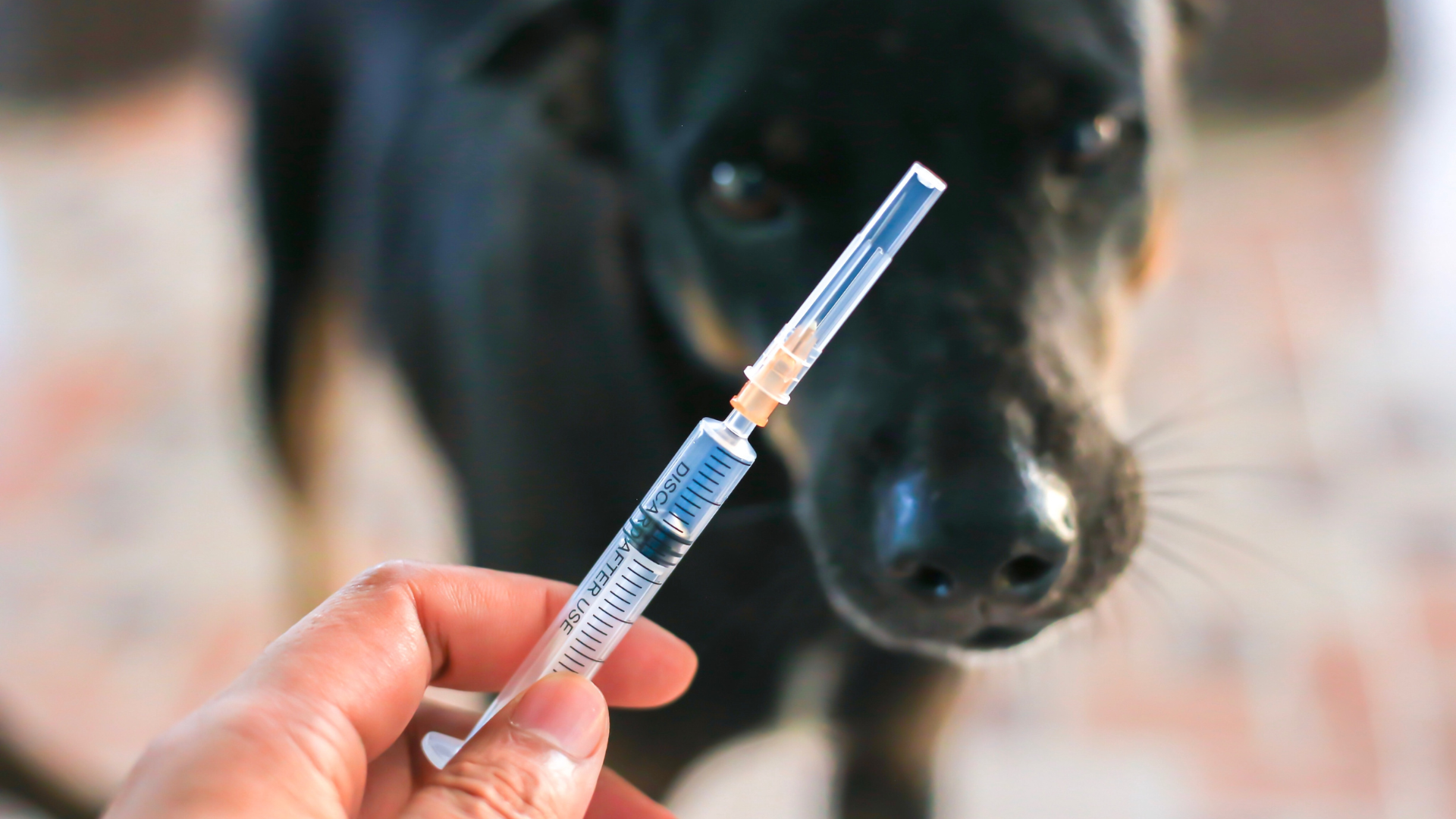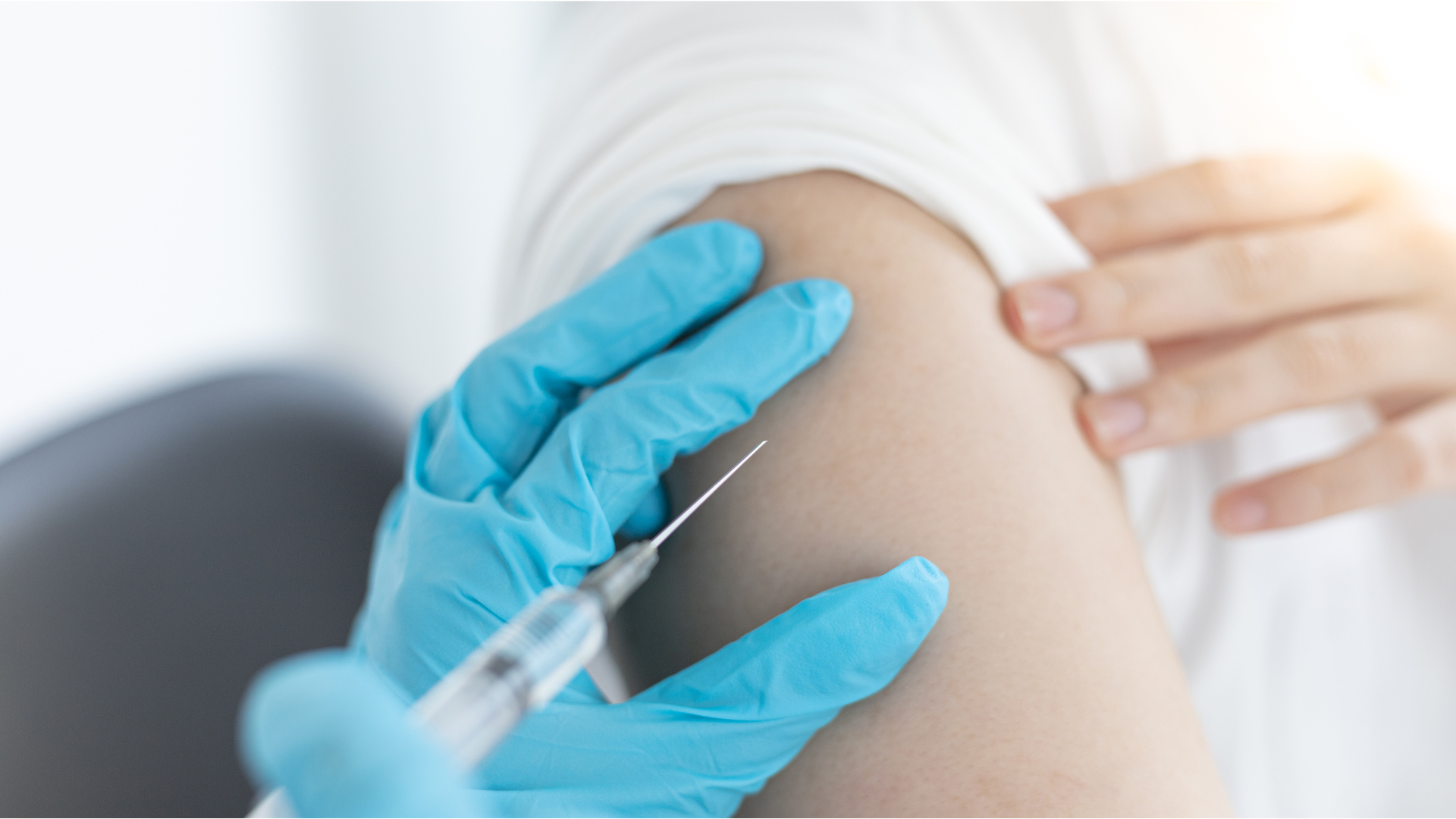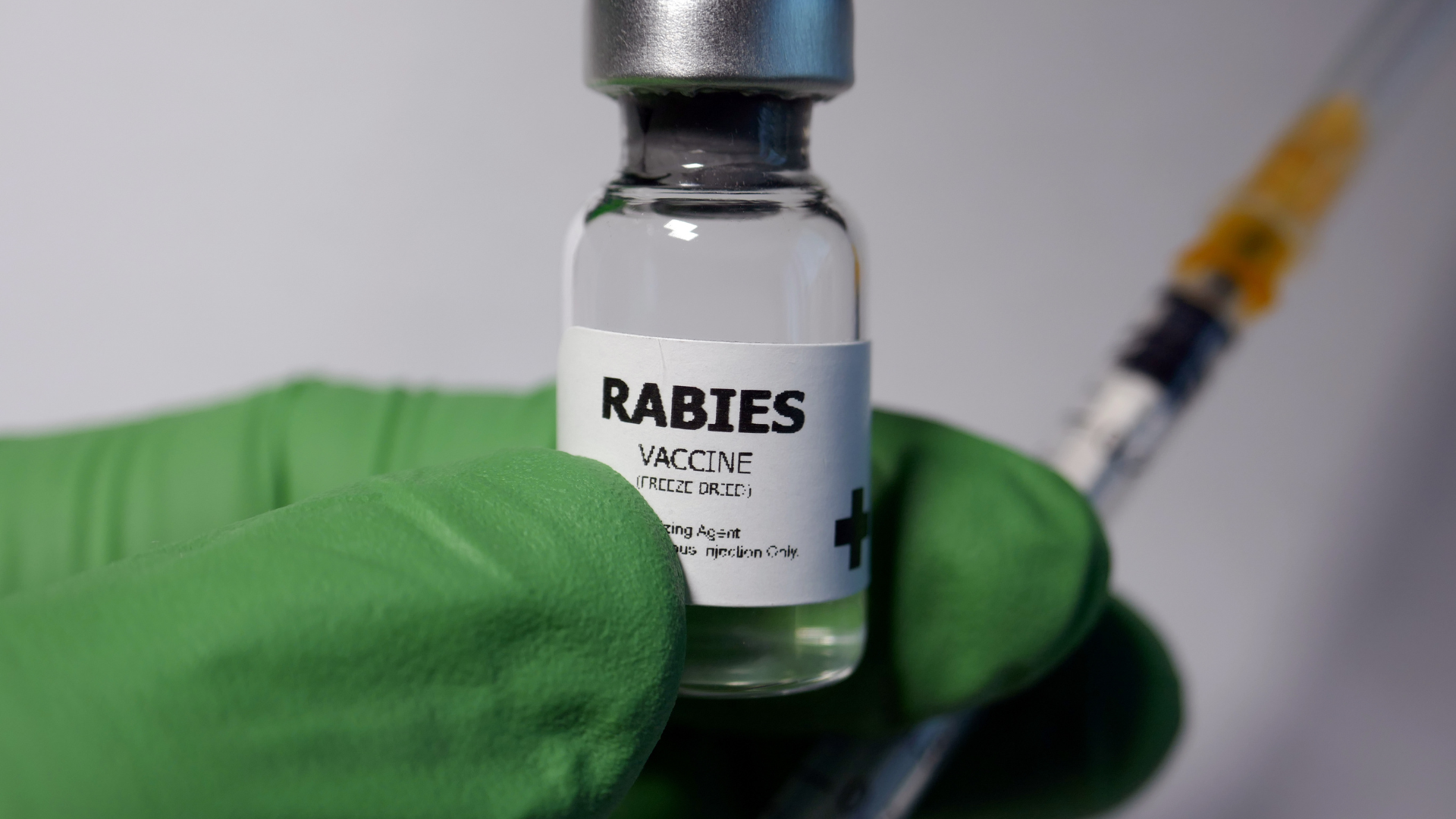Bali, with its stunning beaches, vibrant culture, and warm hospitality, attracts thousands of expats and tourists every year. However, amidst the allure of this Indonesian paradise lies a serious health risk that travelers and residents alike must be aware of: rabies. This article provides a comprehensive, SEO-friendly guide on rabies in Bali, focusing on the importance of pre-exposure vaccination, symptoms to watch for, transmission risks from various animals, and practical advice on accessing healthcare services such as general practitioners and on-call or homecare options.
Understanding Rabies: A Deadly but Preventable Disease

Rabies is a viral disease that affects the central nervous system, leading to brain inflammation and, if untreated, almost invariably death. The World Health Organization (WHO) estimates that rabies causes approximately 59,000 human deaths worldwide annually, predominantly in Asia and Africa. Bali has experienced rabies outbreaks since 2008, with dogs being the primary source of transmission. Despite efforts to control the disease, rabies remains a significant health concern on the island, especially for those unfamiliar with local risks.
Rabies Transmission in Bali: Dogs, Monkeys, Cats, and Bats

The rabies virus is primarily transmitted through the saliva of infected animals, usually via bites or scratches. In Bali, several animals pose a risk:
- Dogs: According to the Centers for Disease Control and Prevention (CDC), dogs are responsible for over 90% of human rabies cases globally, and Bali is no exception. The 2008 outbreak in Bali was linked predominantly to dog bites, making them the most significant threat to expats and tourists.
- Monkeys: Bali’s monkeys, especially in tourist areas like Ubud’s Monkey Forest, can carry rabies. While less common than dog transmission, monkey bites or scratches can transmit the virus, especially since these animals often interact closely with humans.
- Cats: Domestic and feral cats can also be carriers of rabies. Though less frequently implicated than dogs, cat bites or scratches should never be ignored.
- Bats: Bats are natural reservoirs of the rabies virus worldwide. In Bali, encounters with bats are less common but still pose a risk, particularly in rural or forested areas.
Travelers and expats should exercise caution around all these animals, avoiding contact and never feeding or provoking them.
Recognizing Rabies Symptoms: The Critical Role of Early Detection

Rabies symptoms typically appear within 1 to 3 months after exposure but can vary from days to years. Early symptoms are often nonspecific and include:
- Fever: One of the first signs, often accompanied by headache and general weakness.
- Pain or unusual sensations at the bite site: Tingling, itching, or burning.
- Neurological symptoms: Anxiety, confusion, agitation, hallucinations, difficulty swallowing, hydrophobia (fear of water), and paralysis.
Once clinical symptoms develop, rabies is almost always fatal. This grim reality underscores the importance of prevention and immediate medical attention after any potential exposure.
Prevention: Why Pre-Exposure Vaccination is Vital for Bali Visitors

The best defense against rabies is prevention. The CDC and WHO strongly recommend pre-exposure vaccination for travelers to areas with a high risk of rabies, including Bali. Pre-exposure vaccination involves a series of rabies vaccine doses administered before any exposure to the virus, providing several benefits:
- Simplifies post-exposure treatment: If bitten, vaccinated individuals require fewer doses of rabies vaccine and do not need rabies immunoglobulin, which can be scarce in some locations.
- Provides early protection: Especially important for those spending extended time in Bali, working with animals, or visiting remote areas.
- Peace of mind: Reduces anxiety about potential exposure.
Where to Get the Rabies Vaccine in Bali: Local Clinics and General Practitioners

For expats and tourists in Bali, accessing the rabies vaccine is straightforward thanks to several reputable clinics and healthcare providers. For example, Unicare Clinic offers human rabies vaccines and immunoglobulin, providing both pre-exposure and post-exposure prophylaxis. Many clinics have general practitioners (GPs) who can administer the vaccine and provide medical advice tailored to travelers.
Additionally, Bali has on-call and homecare general practitioners who can visit patients at their accommodation, offering convenience and timely care, especially in urgent situations. This service is invaluable for tourists who may be unfamiliar with local healthcare facilities or prefer treatment in the comfort of their lodging.
What to Do After a Potential Rabies Exposure

If bitten or scratched by an animal suspected of carrying rabies, immediate action is critical:
- Wash the wound thoroughly: Use soap and water for at least 15 minutes to reduce viral load.
- Seek medical attention immediately: Contact a general practitioner or visit a clinic offering rabies post-exposure prophylaxis.
- Report the incident: Inform local health authorities to help track and control rabies outbreaks.
- Follow the prescribed vaccination schedule: Post-exposure treatment typically involves a series of rabies vaccine doses, and in some cases, rabies immunoglobulin.
Practical Tips for Expats and Tourists to Avoid Rabies in Bali

- Avoid contact with stray or wild animals, including dogs, monkeys, cats, and bats.
- Do not feed or provoke animals, even if they appear friendly.
- Stay in accommodations with secure surroundings to minimize animal encounters.
- Educate yourself about local rabies risks and healthcare options before traveling.
- Consider pre-exposure vaccination, especially if planning extended stays or outdoor activities.
Conclusion: Protect Yourself with Pre-Exposure Vaccination and Prompt Medical Care
Rabies remains a serious health threat in Bali, but it is entirely preventable with the right precautions. Expats and tourists should prioritize getting the rabies vaccine as a pre-exposure measure, especially when planning to spend time outdoors or in rural areas. Local clinics like Unicare Clinic and general practitioners, including on-call and homecare services, provide accessible vaccination and treatment options.
Remember, rabies symptoms such as fever and neurological signs require immediate medical attention. Early prevention and prompt response can save lives. Don’t wait until it’s too late—consult a healthcare provider about the rabies vaccine before your trip to Bali and stay informed about how to protect yourself from this deadly disease.
References
- Centers for Disease Control and Prevention (CDC). Rabies. cdc.gov
- World Health Organization (WHO). Rabies Fact Sheet. who.int
- Unicare Clinic Bali. Human Rabies Vaccine & Immunoglobulin. unicare-clinic.com
- CDC Yellow Book: Rabies and Travel. wwwnc.cdc.gov
- Mission Pawsible. Rabies Risks in Bali: Essential Guide for Travelers. missionpawsible.org